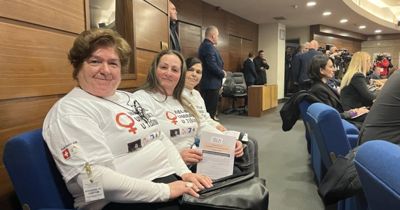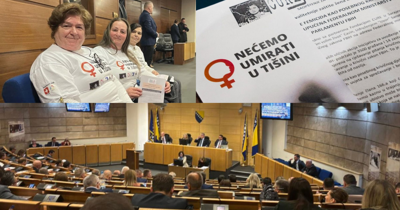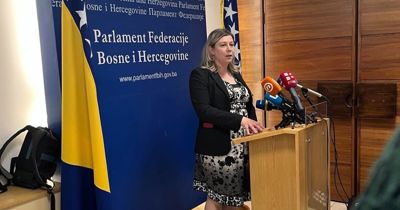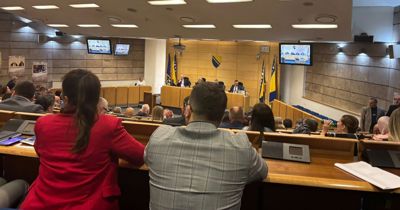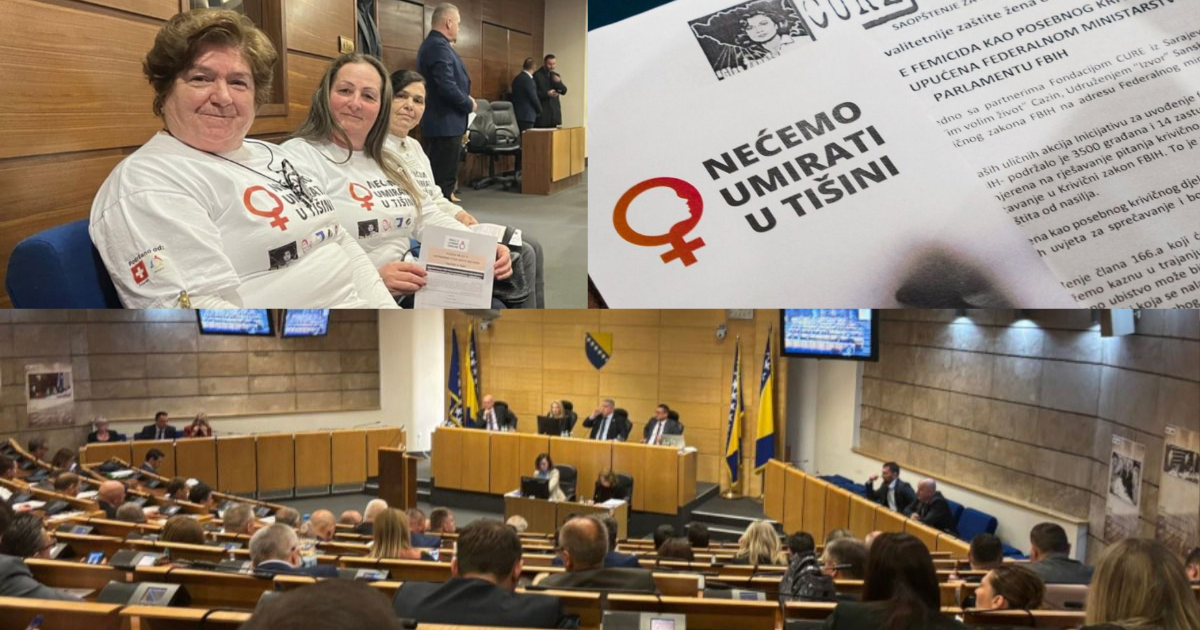
For some, this news may go unnoticed—just another parliamentary session, another legal amendment. But for many women, this is far more than a technical or legal decision. This is a major victory, written with years of struggle and deeply emotional moments.
The House of Representatives of the Parliament of the Federation of Bosnia and Herzegovina has finally adopted amendments to the Criminal Code of FBiH, officially recognizing femicide as a distinct criminal offense, punishable by a minimum of ten years in prison or long-term imprisonment.
This is no longer a "family tragedy." It is not an "unfortunate incident." Femicide is the murder of a woman simply because she is a woman. This means we have taken a step forward toward ensuring that violence is no longer silenced.
“This is truly a historic moment for all victims of gender-based violence and a turning point in the fight against the gender-based killings of women. Over the past 11 months, together with our partner organizations and with the support of the PRAGG project, we have relentlessly advocated for the introduction of femicide as a specific criminal offense. We extend special thanks to all citizens who supported this initiative with their signatures, as well as to all public officials who contributed to the adoption of this law,” said Neira Raković of the organization Glas žene Bihać.
This change proves that the fight matters. That pain can turn into strength. That silence, once broken, can echo through the law.
This victory didn’t come on its own—it is the result of the tireless efforts of brave women who have been the voice of all victims of violence. It is the result of the advocacy led by Glas žene Bihać, in cooperation with Ženska vizija Tuzla, Tim volim život Cazin, Izvor Sanski Most, and Inicijativa građanki/na Mostar, under the PRAGG project campaign "We Will Not Die in Silence."
But this is not the end.
With the expected adoption of the amendments by the House of Peoples of the FBiH Parliament, a new approach to violence against women begins. What lies ahead is education. Changing institutional practices. Introducing proper records. Recognizing warning signs. Removing stigma from survivors. Providing real, systemic support.

